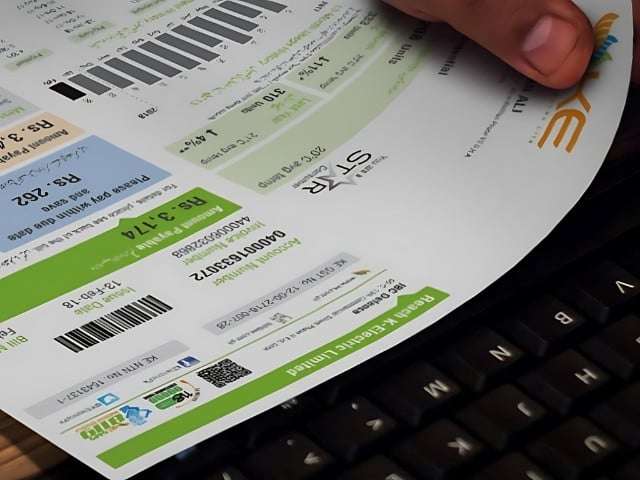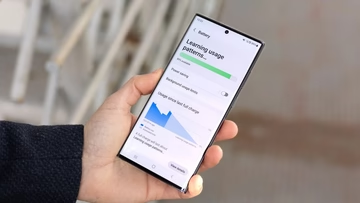
|
Getting your Trinity Audio player ready...
|
Introduction
The recent decision by the National Electric Power Regulatory Authority (NEPRA) regarding the monthly fuel price adjustment has sparked outrage among Karachi’s industrialists and business community. The Karachi Chamber of Commerce and Industry (KCCI) has strongly condemned the move, stating that it deprives consumers of much-needed relief in electricity tariffs.
NEPRA’s Limited Tariff Adjustment: A Missed Opportunity
Discontent Among Karachi Consumers
NEPRA announced a fuel price adjustment for November, reducing tariffs by only Rs1.23 per unit, far below the expected relief. K-Electric (KE) had previously requested a reduction of up to Rs4.98 per unit, and even NEPRA’s own calculations indicated a tariff reduction of Rs5.0029 per unit. However, the final adjustment fell significantly short, leading to a pending benefit of Rs5.444 billion that Karachi consumers have yet to receive.
KCCI’s Response: A Call for Transparency and Accountability
KCCI President Muhammad Jawed Bilwani expressed deep concern over the failure of both NEPRA and KE to uphold their commitments. He stated:
- Karachi’s consumers, already burdened by high electricity costs, are now being further disadvantaged.
- The lack of full relief indicates a failure in regulatory oversight.
- KE continues to benefit from these delays, leaving consumers at a disadvantage.
Industrialists Slam NEPRA for Injustice
Economic Burden on Businesses and Residents
The rising cost of electricity is a significant challenge for businesses in Karachi, where high energy costs impact manufacturing, trade, and overall economic growth. Industrialists argue that reducing the power tariff would have provided much-needed relief to businesses struggling with high operational expenses.
Failure to Enforce Full Relief
The business community has criticized NEPRA for failing to implement the full tariff reduction. According to experts, a reduction of Rs5.0029 per unit would have provided Karachi’s industries and residents with a much-needed financial break. The decision to only grant Rs1.23 per unit in relief is viewed as a betrayal of public trust.
NEPRA’s Justification and Internal Dissent
NEPRA’s Position on the Adjustment
NEPRA has justified the smaller-than-expected reduction, stating that it considers various economic factors when making adjustments. However, critics argue that this explanation lacks transparency and does not adequately address why a larger relief was not passed on to consumers.
Internal Disagreement Within NEPRA
Interestingly, NEPRA Member (Tariff) Mathar Niaz Rana, along with Member (Technical) Rafiq Sheikh, opposed the limited relief granted to KE consumers. Rana maintained that:
- Consumers should have received the full Rs5.0029 per unit reduction.
- The decision to withhold this relief has resulted in a loss of over Rs7.215 billion in potential consumer benefits.
- NEPRA has yet to finalize an additional Rs8.7 billion adjustment, and the decision is currently on hold.
Demands for Immediate Action
KCCI’s Call for Fair Pricing
The KCCI has called for immediate corrective action to ensure that the full benefit of tariff adjustments is passed on to consumers. Bilwani stated:
- Both NEPRA and KE must fulfill their obligations and implement fair pricing policies.
- Any future adjustments must be transparent, fair, and directly benefit consumers.
- The business community will continue to advocate for fair electricity tariffs to support economic growth in Karachi.
Industrialists Seek Legal and Policy Interventions
Industrialists are now urging the government to intervene and ensure regulatory transparency. They are also considering legal options to challenge NEPRA’s decision and demand a review of KE’s tariff adjustment mechanisms.
Conclusion
The ongoing controversy over Karachi’s power tariff adjustments has highlighted growing dissatisfaction among consumers and businesses. With high energy costs continuing to impact daily life, industrialists and the business community are demanding fair pricing, transparency, and regulatory accountability. As the situation unfolds, the pressure on NEPRA and KE to rectify this issue remains strong.
FAQs
1. Why did NEPRA approve only a Rs1.23 per unit reduction instead of the full Rs5.0029?
NEPRA has not provided a clear explanation for the reduced tariff cut, leading to accusations of unfair regulatory practices. Critics argue that consumers should have received the full benefit.
2. How does this decision impact businesses in Karachi?
Higher electricity costs increase operational expenses for industries, leading to higher production costs, reduced competitiveness, and potential job losses.
3. What is KCCI’s stance on this issue?
KCCI has strongly condemned NEPRA’s decision, stating that it denies Karachi consumers their rightful relief and adds to the economic burden.
4. Are there any legal actions being considered?
Industrialists are exploring legal options to challenge NEPRA’s decision and push for a fair tariff adjustment.
5. Will there be further reductions in the future?
NEPRA is still reviewing an additional Rs8.7 billion adjustment, but the decision remains on hold, leaving the future of power tariffs uncertain.






